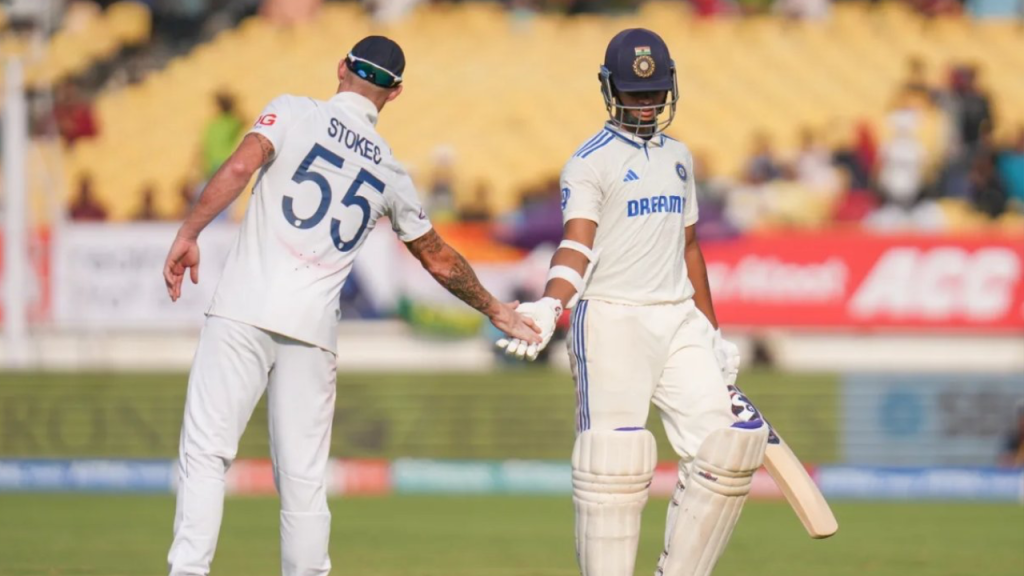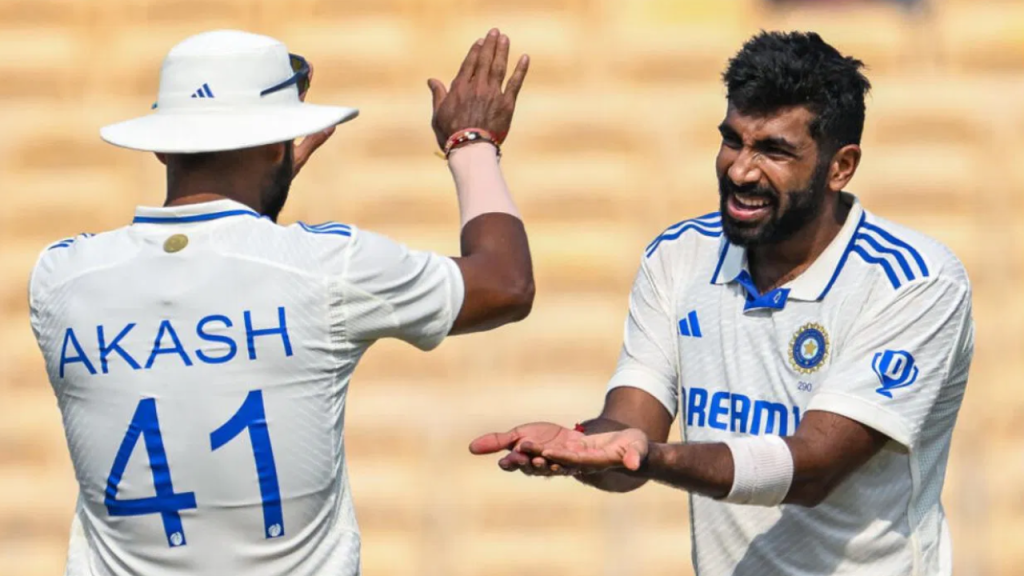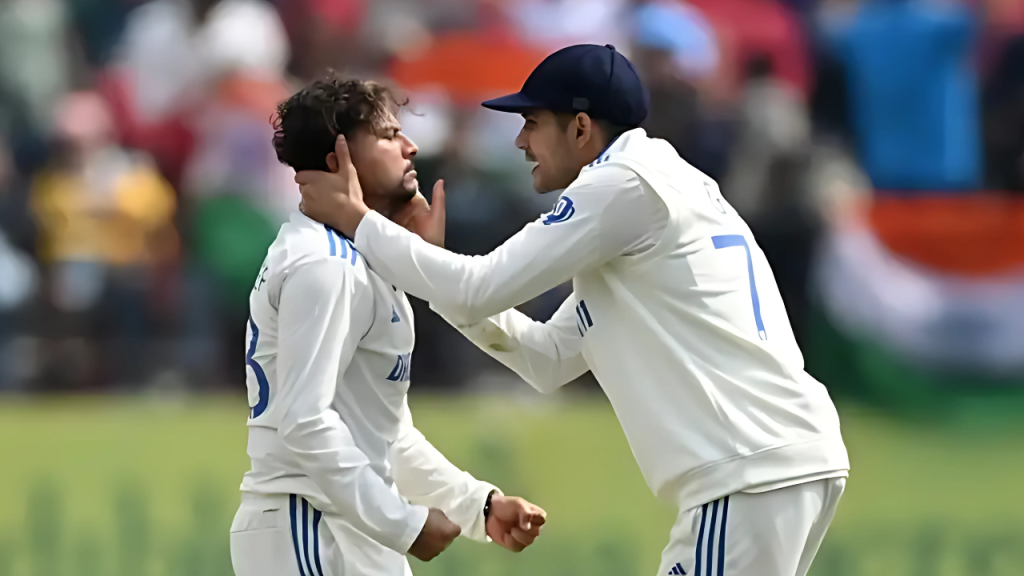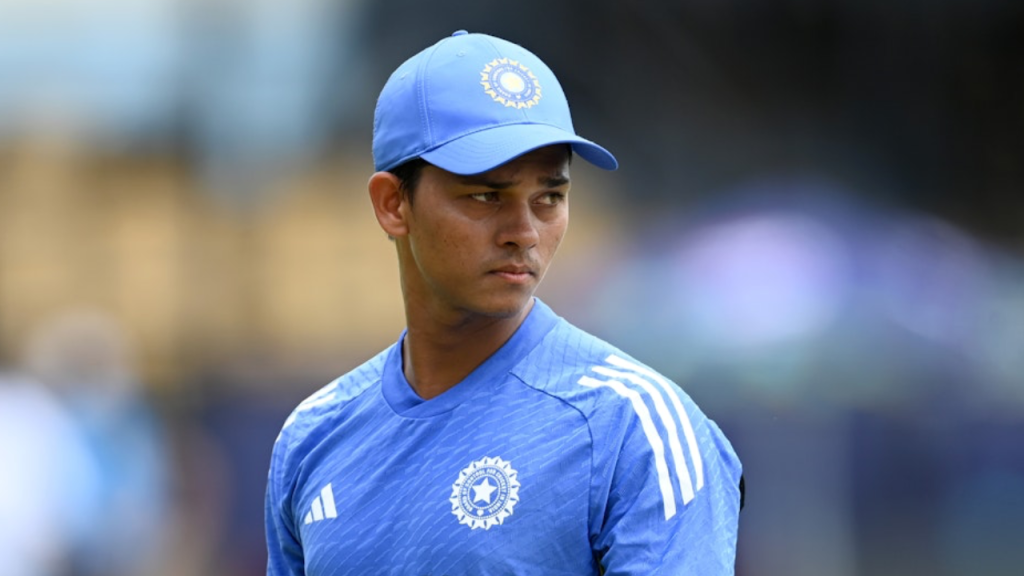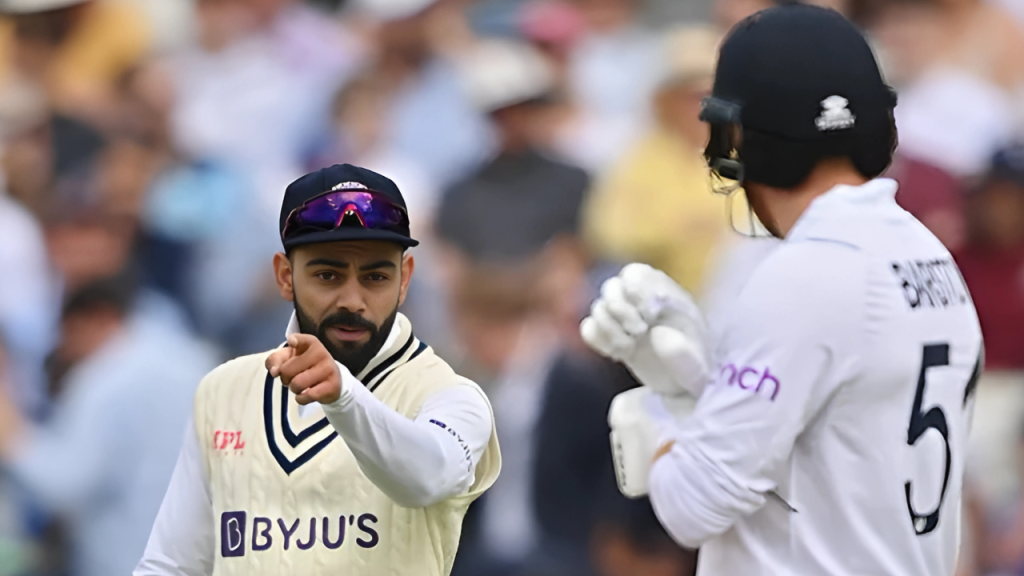Appointment of Jay Shah as the Chairman of the International Cricket Council (ICC) marks a pivotal moment for cricket, not just in India but globally. At 35, Jay Shah becomes the youngest ever to hold this prestigious position, bringing with him a vision for cricket that encompasses its traditional roots and its ambitious future. However, with this elevation come substantial challenges that could define his tenure and the sport’s trajectory.
1. Balancing Cricket’s Formats:
The first challenge for Jay Shah is to strike a balance between cricket’s various formats. While T20 cricket has revolutionized the game, bringing in new audiences and revenue, there’s a growing concern over the sustainability of Test cricket. Jay Shah has already voiced his commitment to Test cricket, emphasizing its importance as the bedrock of the game. However, the real test lies in execution—ensuring that Test cricket remains financially viable and attractive for players and spectators alike. This involves not just promoting the format but also innovating within it, perhaps through scheduling, player incentives, or even format tweaks, without diluting its essence.
2. Financial Equity and Broadcast Rights:
The second challenge revolves around the financial dynamics of cricket, particularly the revenue distribution from ICC events. The demand from Disney Star for a discount on their $3 billion media rights deal highlights the financial pressures on cricket boards, especially those less endowed than the BCCI. Shah, with his experience in boosting BCCI’s coffers, needs to navigate this delicate issue. His approach might involve renegotiating deals, introducing a more equitable revenue sharing model, or even exploring new markets for cricket broadcasting. The introduction of a dedicated fund for Test cricket, as hinted, could be a step towards addressing financial disparities, but the broader challenge remains in ensuring that cricket’s growth benefits all, not just the powerhouses.
3. Cricket’s Global Expansion and the Olympics:
Perhaps the most exciting yet daunting challenge for Shah is to leverage cricket’s inclusion in the 2028 Los Angeles Olympics. This is not just about showcasing cricket on a global stage but also about expanding its footprint into new territories. The Olympics could serve as a catalyst for cricket’s growth in regions where it’s not traditionally played, like the Americas or Europe. Shah’s task here is multifaceted: from ensuring the format suits an Olympic event, to marketing cricket to a global audience unfamiliar with the sport, to possibly aligning with international sports bodies for mutual growth. This challenge also ties back to format balance; how cricket presents itself in the Olympics could influence its global perception and acceptance.
Jay Shah’s approach to these challenges will be watched closely. His background with the BCCI, where he managed significant commercial successes like the IPL media rights deal, suggests a strategic mind for finance and marketing. However, the ICC chairmanship demands a broader, more inclusive vision that considers the health of cricket worldwide, not just in its most lucrative markets.
Jay Shah’s tenure at the ICC could redefine cricket’s global landscape. His success will largely depend on his ability to innovate within tradition, ensure financial fairness, and expand cricket’s global reach. As he steps into this role, the cricketing world looks on with a mix of anticipation and scrutiny, hoping for a leadership that not only protects but also propels the sport into its next golden era.
